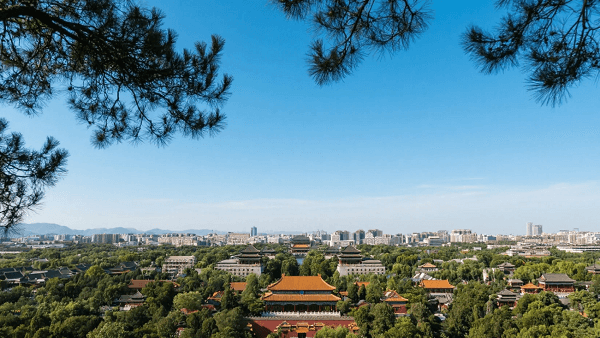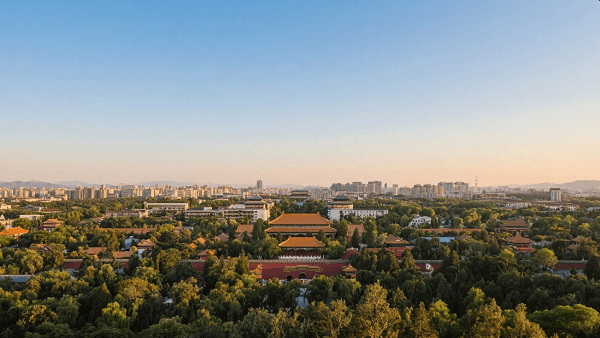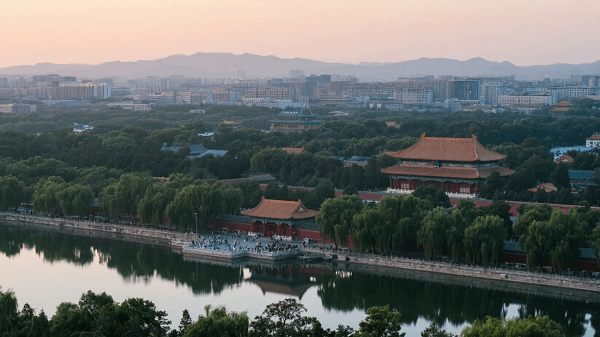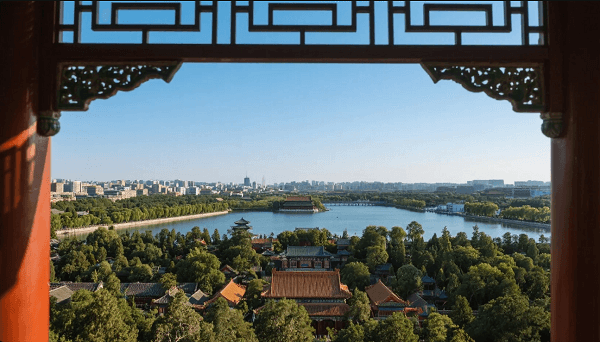السفر إلى الصين زادت شعبيتها في السنوات الأخيرة، وذلك بفضل تراثها الثقافي المتنوع ومدنها الحديثة ومناظرها الطبيعية الخلابة. ومع ذلك، قبل الشروع في الرحلة، يجب على المسافرين مراعاة أحدث إرشادات السفر لضمان رحلة آمنة ومستنيرة. إذن، ما هي إرشادات السفر للسفر إلى الصين اليوم؟ توضح هذه المقالة الإرشادات الرسمية والمخاطر الرئيسية واستراتيجيات التخطيط الأساسية للزوار الدوليين.

إرشادات السفر العالمية: ماذا يقولون؟
نظرة عامة على المستويات الاستشارية الحالية
تصنف معظم الدول الغربية حاليًا السفر إلى الصين على أنه "المستوى 2: توخي الحذر الشديد". ويستند هذا الحذر إلى عدة عوامل، بما في ذلك عدم القدرة على التنبؤ بتطبيق القانون، والقيود المفروضة على السفر، وعدم الاستقرار الإقليمي. والجدير بالذكر أنه يتم حث المسافرين على:
تجنب التورط في القضايا السياسية.
كن مستعداً للدعم القنصلي المحدود.
اتبع جميع القوانين المحلية بعناية - حتى المخالفات البسيطة يمكن التعامل معها بجدية.
المخاوف الاستشارية المشتركة
- إنفاذ القانون التعسفي وحظر الخروج التعسفي
يتم احتجاز الرعايا الأجانب في بعض الأحيان أو منعهم من مغادرة الصين بسبب التحقيقات أو سوء الفهم، خاصة خلال الفترات السياسية الحساسة. من الضروري الامتثال لجميع الإجراءات القانونية وتجنب مناقشة السياسة على الإنترنت أو في الأماكن العامة. - التوترات الجيوسياسية
قد تؤثر الاحتكاكات الدبلوماسية المستمرة على ظروف السفر إلى الصين. يمكن أن تظهر التحولات المفاجئة في السياسات أو القيود المفاجئة على التأشيرات دون سابق إنذار، خاصة بين الصين ودول مثل الولايات المتحدة أو كندا أو أستراليا. - قوانين المراقبة والخصوصية
يجب أن يفترض الزائرون أن اتصالات الهاتف المحمول ونشاط الإنترنت يخضعان للمراقبة. لا تنطبق حماية حرية التعبير الشائعة في الدول الأخرى، وقد يؤدي انتقاد السياسات الصينية إلى مشاكل قانونية.
الاختلافات الإقليمية في السلامة
البر الرئيسي للصين
معظم المناطق في البر الرئيسي للصين آمنة للمسافرين الذين يتبعون القانون ويحترمون العادات المحلية. ومع ذلك، فإن مناطق مثل شينجيانغ والتبت تتطلب تصاريح سفر خاصة وتخضع لمزيد من الأمن والمراقبة.

هونغ كونغ
على الرغم من أن هونغ كونغ آمنة بشكل عام، إلا أنها شهدت مظاهرات سياسية وتغييرات في نظامها القانوني. يُنصح الأجانب بتجنب المظاهرات والبقاء على اطلاع على آخر المستجدات من خلال القنوات الرسمية.
ماكاو
لا تزال ماكاو مستقرة إلى حد كبير، على الرغم من أنه يجب على المسافرين توخي الحذر والوعي بأي تحديثات قانونية أو قيود على السفر.
السلامة الصحية والطبية للسفر إلى الصين
التطعيمات: يوصى باللقاحات الروتينية، بما في ذلك التهاب الكبد الوبائي أ/ب والتيفوئيد.
سلامة الغذاء: تجنب طعام الشارع إذا لم تكن متأكداً من نظافته؛ لا تشرب سوى المياه المعبأة في زجاجات أو المغلية.
المرافق الطبية: تتوفر الرعاية الصحية في المدن الكبرى على نطاق واسع، ولكن قد تفتقر المناطق الريفية إلى الخدمات الكافية. يوصى بشدة بتأمين السفر مع تغطية طبية.
الوعي القانوني والثقافي
يمكن أن يؤدي فهم القوانين المحلية والأعراف الثقافية إلى تحسين تجربة سفرك إلى الصين بشكل كبير. على سبيل المثال
بطاقة الهوية: احمل معك دائماً نسخة من جواز السفر والتأشيرة.
التصوير الفوتوغرافي: لا تلتقط صوراً للمباني الحكومية أو المنشآت العسكرية.
وسائل التواصل الاجتماعي: الامتناع عن نشر محتوى حساس سياسياً على الإنترنت.

نصائح الاتصالات والتكنولوجيا
نظرًا لأن العديد من التطبيقات الغربية (مثل Google وWhatsApp وWhatsApp وFacebook) محجوبة في الصين، فضع في اعتبارك ما يلي:
قم بتنزيل تطبيقات محلية مثل WeChat للتواصل.
استخدم أدوات الخرائط غير المتصلة بالإنترنت أو التطبيقات الصينية مثل Baidu Maps.
قم بتثبيت شبكة افتراضية خاصة افتراضية موثوقة قبل الوصول - ولكن كن على دراية بالمناطق الرمادية القانونية المتعلقة باستخدام VPN.
نصائح عملية للسفر
سجّل لدى سفارتك أو قنصليتك قبل السفر.
حافظ على تحديث أجهزتك بتطبيقات الأمان وجهات الاتصال في حالات الطوارئ.
تحقق من متطلبات الدخول بشكل متكرر؛ حيث يمكن أن تتغير سياسات التأشيرة بناءً على التطورات الدبلوماسية.
خطّط للاتصال: اختر بطاقة SIM محلية أو خطة تجوال دولي مسبقاً.



